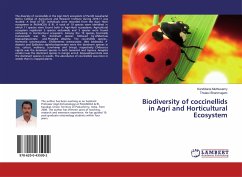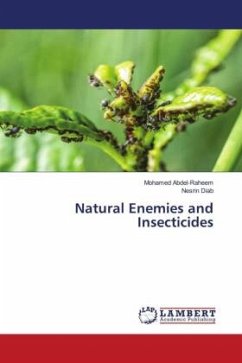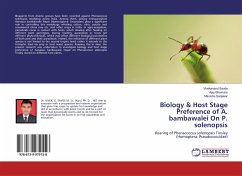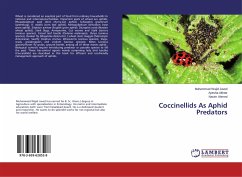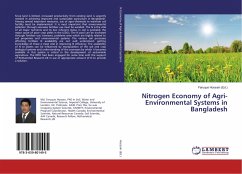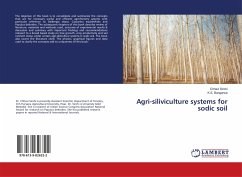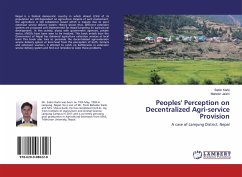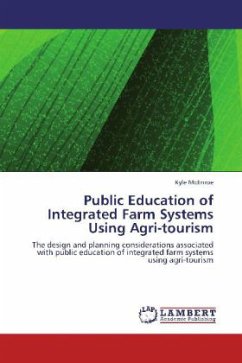The diversity of coccinellids in the Agri-Horti ecosystem of Pandit Jawaharlal Nehru College of Agriculture and Research Institute during 2016-17 was studied. A total of 551 individuals were recorded from the Agri- Horti ecosystems in PAJANCOA & RI. A total of 19 species were identified in which 11 species were found both in Agri-Horti ecosystems. Agricultural ecosystem registered 5 species exclusively and 3 species were found exclusively in Horticultural ecosystem. Among the 19 species, Coccinella transversalis was the dominant species followed by Afidentula bisquadripunctata and Propylea dissecta. The coccinellids species., Hormonia octomaculata, Cheilomenes sexmaculata, Illeis bielawskii, P. dissecta and Epilachna vigintioctopunctata were the dominant species in rice, cotton, mulberry, sunnhemp and brinjal, respectively. Chilocorus nigrita was the dominant species in both tamarind and tapioca. Anegleis cardoni was the dominant species in mango and A. bisquadripunctata was the dominant species in weeds. The abundance of coccinellids was more in weeds than in cropped plants.
Bitte wählen Sie Ihr Anliegen aus.
Rechnungen
Retourenschein anfordern
Bestellstatus
Storno

